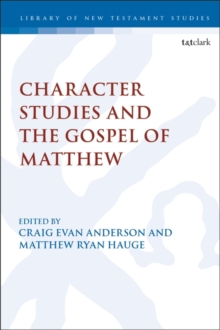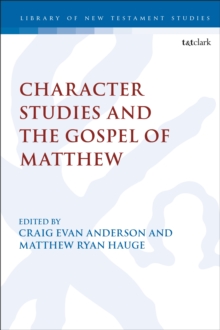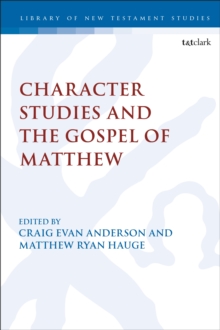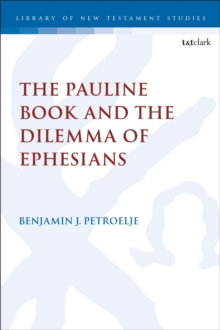
Text to Praxis : Hermeneutics and Homiletics in Dialogue PDF
by Dr. Abraham Kuruvilla
Part of the The Library of New Testament Studies series
Please note: eBooks can only be purchased with a UK issued credit card and all our eBooks (ePub and PDF) are DRM protected.
Description
A fundamental issue for preachers of the Bible has always been achieving an approach that is both faithful to the textual intention as well as fitting for the listening audience. What is historical and distant (the text) is, in preaching, made contemporary and near (praxis). Particularly pertinent is how this transaction may be conducted with respect to the self-contained and well-defined quantum of the scriptural text that is regularly employed in liturgical contexts-the pericope. This book answers the question: In a sermon intending to proclaim application from a pericope, what is the hermeneutical basis for moving validly from text to praxis, i.e., with authority and relevance?
The concept of theology as a bridge between text and praxis has not been specifically researched or rigorously substantiated. Kuruvilla seeks to do both, utilizing as entr es language philosophy, literary criticism, and a thorough understanding of "ordinary" language. Drawing from a variety of hermeneutical resources, he establishes "pericopal theology" as the intermediary between text and praxis. How this theology is discerned from the text and how application may be determined therefrom form the crux of this book. This novel approach lends validity to the movement from text to praxis and promises to be useful for any approach to the biblical text intended to culminate in application. Kuruvilla's approach provides a substantial technical basis for such an operation.
Thus the preacher must be a "theologian-homiletician." It is the working out of this nomenclature, especially the "theologian" half of the appellation, that is the essence of this work, uniting as it does in one portfolio the responsibility of negotiating the demands of both hermeneutics and homiletics.
The concept of theology as a bridge between text and praxis has not been specifically researched or rigorously substantiated. Kuruvilla seeks to do both, utilizing as entr es language philosophy, literary criticism, and a thorough understanding of "ordinary" language. Drawing from a variety of hermeneutical resources, he establishes "pericopal theology" as the intermediary between text and praxis. How this theology is discerned from the text and how application may be determined therefrom form the crux of this book. This novel approach lends validity to the movement from text to praxis and promises to be useful for any approach to the biblical text intended to culminate in application. Kuruvilla's approach provides a substantial technical basis for such an operation.
Thus the preacher must be a "theologian-homiletician." It is the working out of this nomenclature, especially the "theologian" half of the appellation, that is the essence of this work, uniting as it does in one portfolio the responsibility of negotiating the demands of both hermeneutics and homiletics.
Information
-
Download - Immediately Available
- Format:PDF
- Pages:240 pages
- Publisher:Bloomsbury Publishing PLC
- Publication Date:26/03/2009
- ISBN:9780567366849
Information
-
Download - Immediately Available
- Format:PDF
- Pages:240 pages
- Publisher:Bloomsbury Publishing PLC
- Publication Date:26/03/2009
- ISBN:9780567366849










